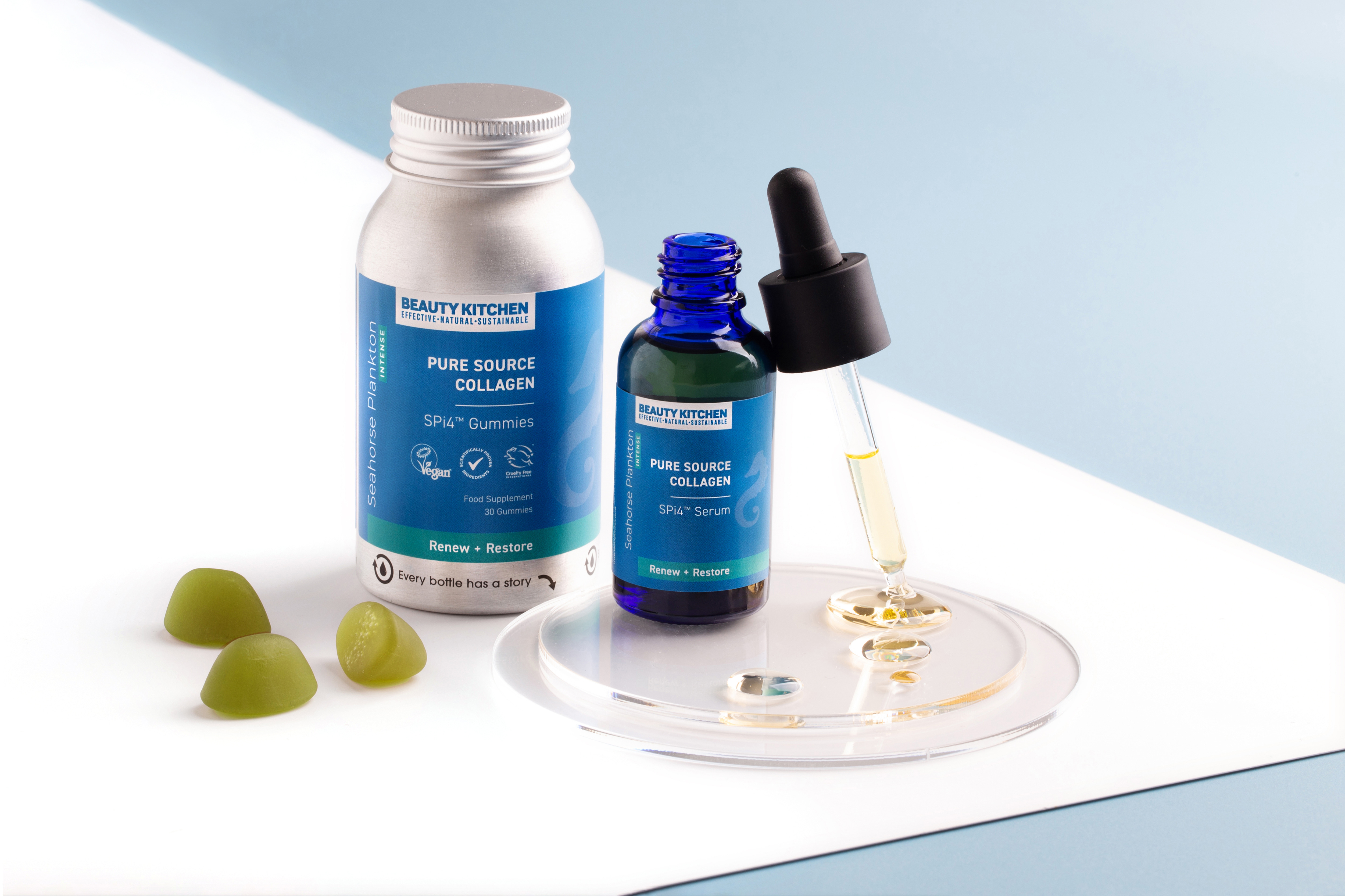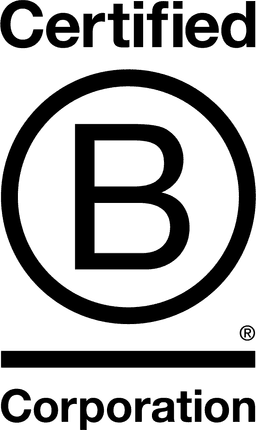

Beauty Kitchen UK Ltd

1.6
Scotland, United Kingdom
April 2017
Personal care products
Wholesale/Retail
United Kingdom
Beauty Kitchen, a "Best for the World" B Corp, are on a mission to create the most effective, natural and sustainable beauty products in the world with B Corp and Cradle to Cradle principles in mind. In the UK over 95% of beauty packaging is thrown away after just one use, and Beauty Kitchen are setting out to change this with their ground-breaking reusable packaging programme Reposit. Beauty Kitchen's initiatives include: - No synthetic ingredients - No microplastics - No animal testing (Leaping Bunny approved) - Only using sustainably-sourced ingredients - ‘Beauty that Gives Back’ – for every sale, Beauty Kitchen donates 2% of sales revenue (not profit) to sustainable charity partners (e.g. In Kind Direct) - Home-grown focus: products are made in the UK, travel less and have a reduced carbon footprint, and help build a sustainable ecosystem by creating jobs in local communities - A pioneering reusable packaging programme, Reposit, that enables customers to return any packaging - All product packaging is 100% reusable (part of the circular economy)
Overall B Impact Score
Governance 18.4
Governance evaluates a company's overall mission, engagement around its social/environmental impact, ethics, and transparency. This section also evaluates the ability of a company to protect their mission and formally consider stakeholders in decision making through their corporate structure (e.g. benefit corporation) or corporate governing documents.
What is this? A company with an Impact Business Model is intentionally designed to create a specific positive outcome for one of its stakeholders - such as workers, community, environment, or customers.
Workers 31.8
Workers evaluates a company’s contributions to its employees’ financial security, health & safety, wellness, career development, and engagement & satisfaction. In addition, this section recognizes business models designed to benefit workers, such as companies that are at least 40% owned by non-executive employees and those that have workforce development programs to support individuals with barriers to employment.
Community 61.1
Community evaluates a company’s engagement with and impact on the communities in which it operates, hires from, and sources from. Topics include diversity, equity & inclusion, economic impact, civic engagement, charitable giving, and supply chain management. In addition, this section recognizes business models that are designed to address specific community-oriented problems, such as poverty alleviation through fair trade sourcing or distribution via microenterprises, producer cooperative models, locally focused economic development, and formal charitable giving commitments.
What is this? A company with an Impact Business Model is intentionally designed to create a specific positive outcome for one of its stakeholders - such as workers, community, environment, or customers.
Environment 58.3
Environment evaluates a company’s overall environmental management practices as well as its impact on the air, climate, water, land, and biodiversity. This includes the direct impact of a company’s operations and, when applicable its supply chain and distribution channels. This section also recognizes companies with environmentally innovative production processes and those that sell products or services that have a positive environmental impact. Some examples might include products and services that create renewable energy, reduce consumption or waste, conserve land or wildlife, provide less toxic alternatives to the market, or educate people about environmental problems.
What is this? A company with an Impact Business Model is intentionally designed to create a specific positive outcome for one of its stakeholders - such as workers, community, environment, or customers.
Customers 4.8
Customers evaluates a company’s stewardship of its customers through the quality of its products and services, ethical marketing, data privacy and security, and feedback channels. In addition, this section recognizes products or services that are designed to address a particular social problem for or through its customers, such as health or educational products, arts & media products, serving underserved customers/clients, and services that improve the social impact of other businesses or organizations.